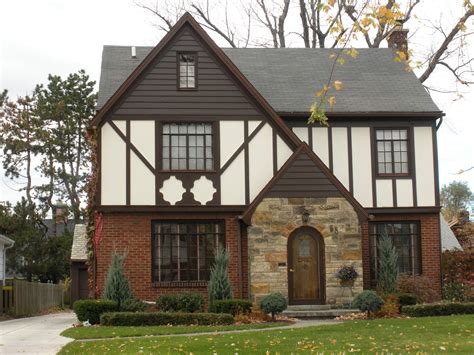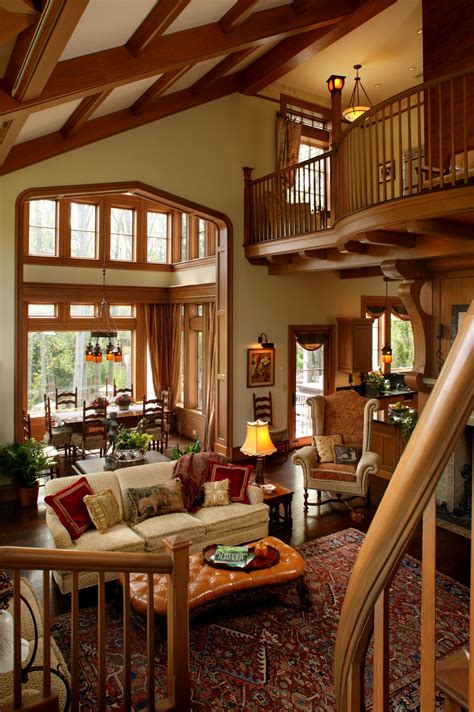tudor style house | old english tudor style homes tudor style house Tudor Style House Characteristics In Foucus : The “Jettied” Upper Story. A unique and often overlooked feature in Tudor-style homes is the “jettied” upper story. This architectural technique involves extending the upper floors slightly beyond the lower ones, creating an overhang. The jettied design not only allowed for more interior .
updated on March 10, 2024 by Matt. Malta POEA (DMW) accredited recruitment agencies means that these recruitment agencies have acquired a license to operate from the .
0 · tudor style house replacement
1 · tudor style house interior design
2 · tudor style house exterior
3 · tudor style homes for sale
4 · tudor house with thatched roof
5 · traditional tudor style homes
6 · old english tudor style homes
7 · famous tudor style houses
$12.00
What is a Tudor-style house? Known for pitched gable roofs, decorative wood trim, and old-world appeal, this architectural style was once a .The Tudor architectural style is the final development of medieval architecture in England and Wales, during the Tudor period (1485–1603) and even beyond, and also the tentative introduction of Renaissance architecture to Britain. It followed the Late Gothic Perpendicular style and, gradually, it evolved into an aesthetic more consistent with trends already in motion on the continent, evidenced by . The Tudor-style elements include its striking black-and-white timbered façade, tall chimneys, and arched doorways. The interior of the building also features Tudor elements, such as a large fireplace and carved wooden beams. . The Tudor House & Garden, located in Southampton, England, is a museum initially constructed in the 1490s and has . Tudor Revival architecture refers to the revitalization of the Tudor style, which happened in England and the United States from about 1860 to 1940. In 1860, British architect, Norman Shaw, built a Tudor Style mansion called .
Today the Tudor style house is making a comeback, a lot of people still love the appearance. The modern Tudor uses the same design elements but has far more space and has the modern updates people have become accustomed to, however, they lack the charm and craftsmanship of the homes from the early 1900's. I love these houses and I always have.Tudor Style House Characteristics In Foucus : The “Jettied” Upper Story. A unique and often overlooked feature in Tudor-style homes is the “jettied” upper story. This architectural technique involves extending the upper floors slightly beyond the lower ones, creating an overhang. The jettied design not only allowed for more interior .
Explore the enchanting world of Tudor homes in the United States, delving into their rich history, distinctive architectural features, and timeless appeal. This comprehensive guide offers insights into the unique characteristics of Tudor-style homes, from their medieval and Renaissance influences to their iconic design elements like steep gabled roofs, exposed .
History of the Tudor Style. The Tudor style house got its name from the Tudor period in England, which happened from roughly 1485-1603. While the Tudor style was relatively broad at the time, what we now recognize as Tudor homes are usually what are called half-timbered homes. These homes use exposed beams as well as stucco, brick, stone, or . Tudor homes look like something straight out of a fairytale, with a charming style that takes its cues from medieval English architecture.Their distinctive wood-faced facades and white-stuccoed walls were popular with well-to-do homeowners from the the mid-19th century until World War II; since Tudors were built with expensive materials like timber and stone, with .Tudor Style House Exterior: External appearance aligned with Tudor-style architecture. Tudor Style Home Exterior: Outer design features that define Tudor homes, such as timber framing. Tudor House With Turret: Tudor homes featuring a small tower-like structure, common in classic and revival styles.The characteristic exterior features of the Tudor style as used in secular architecture are: a lavish use of half-timber work; large groups of rectangular windows; rich oriel, or bay, windows; complex roofs with many gables; interesting and sometimes fantastic chimney treatments; and much brickwork, frequently in patterns. The interiors of secular buildings featured richly wood .
While four-poster beds come in many styles and materials, oak is the wood type best suited to a Tudor-style bedroom. To make a Tudor-style statement, look for a four-poster bed with fleur-de-lis and rose carvings. For a final touch, incorporate damask and brocade fabrics as bedspreads, runners, drapes, and wall hangings. Style elements common to Tudor and Tudor Revival include the black and white pattern of half timbers; asymmetry; Tudor arches, which are flattened and spreading pointed arches; groups of windows .The Tudor style fell out of popularity around World War II when a resurgence of patriotism encouraged an appreciation for a more American style, that is, Colonial Revival. Tudor architecture was also expensive to build, not easily replicated and prone to maintenance issues. One of the best examples of a Tudor style house in Montgomery County . Decorating Tips. As an expert designer who is currently designing the interiors of a Tudor-style home in Maryland, Gambrel has a few sage suggestions for decor: “When the house has a superfluous amount of stone, timber, and mason work, I tend to gravitate toward materials that aren’t represented in the home and textures that handle the weight of the architecture.”
History of Tudor Style House. Tudor homes date back to Medieval England, with the style becoming popular during the 15th century. As the Medieval era progressed, three centuries later, Tudor style homes found their way to America. They were mostly built in the US between 1890 and 1940 before the Colonial Revival homes took over as the new standard.
The Tudor architectural style is the final development of medieval architecture in England and Wales, during the Tudor period (1485–1603) and even beyond, and also the tentative introduction of Renaissance architecture to Britain. What is a Tudor-style house? Known for pitched gable roofs, decorative wood trim, and old-world appeal, this architectural style was once a lot more common. Identified by their steeply pitched rooflines and decorative half-timbering, a Tudor-style house can be anything from an elaborate mansion to a modest suburban residence. These charming structures typically mimic classic English architecture with . Tudor architecture refers partly to the architectural style that emerged between 1485 and 1603 when artisans built sophisticated two-toned manor homes combining Renaissance and Gothic design elements.
All You Need to Know About Tudor Style Homes, Then and Now. Find out what makes stately, spacious Tudor homes so desirable, and what it takes to restore one to its original glory. By Glenda. The Tudor Revival-style home embraces unusual elements, a storybook form, and a touch of rebellion. Here's how to identify a Tudor-style house. While not quite as common, a well-known and distinguishable house style you'll still see in most major Southern cities is the Tudor style. Tudor-style architecture applies to both small and large homes—a smaller dwelling looks like a storybook cottage, while larger versions resemble an English manor house.The best English Tudor style house designs. Find small cottages w/brick, medieval mansions w/modern open floor plan & more! Call 1-800-913-2350 for expert help.
Sure, a Tudor-style house is easily recognizable, but what exactly makes a Tudor a Tudor? Interior designer Steven Gambrel weighs in on the architectural tenants of Tudor-style houses and sheds light on how to decorate them.
burberry baby belt bag

tudor style house replacement
tudor style house interior design

Please enable JavaScript to view the page content.Your support ID is: 9507167292727020286.
tudor style house|old english tudor style homes



























